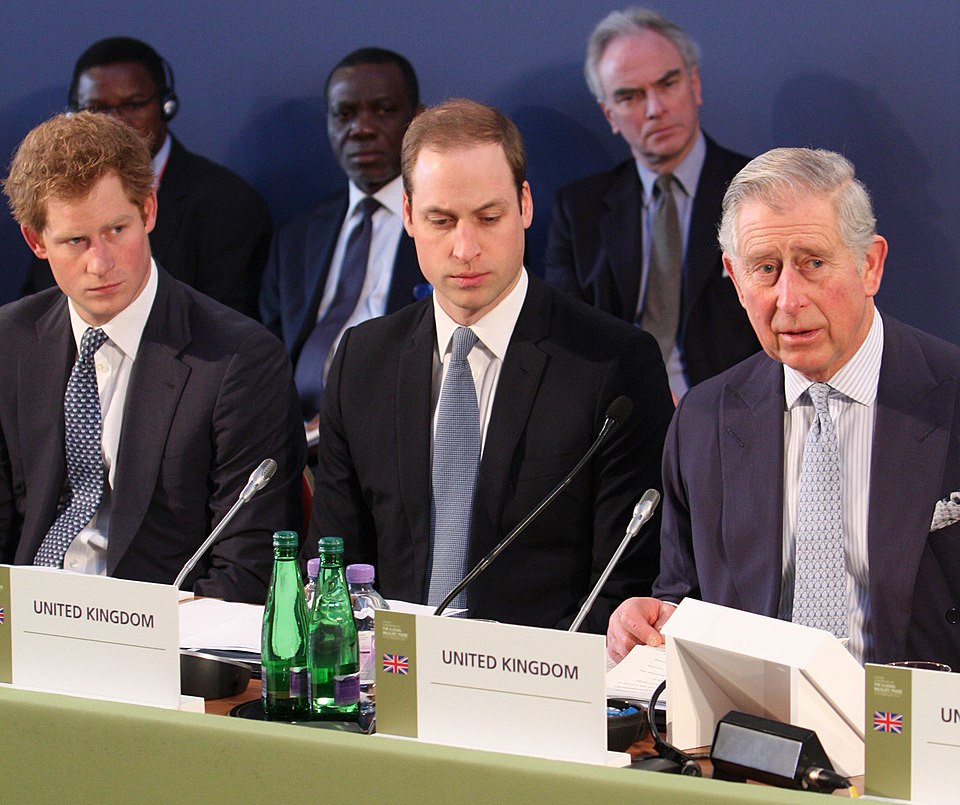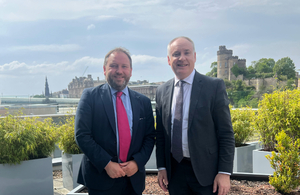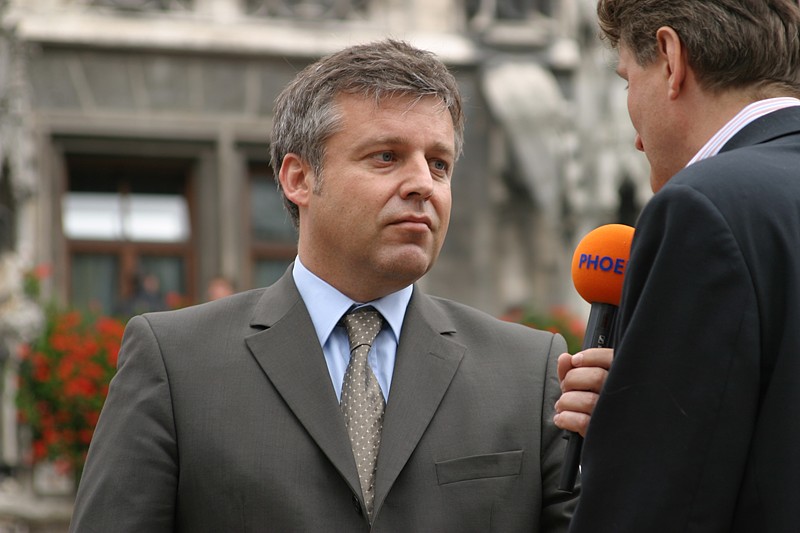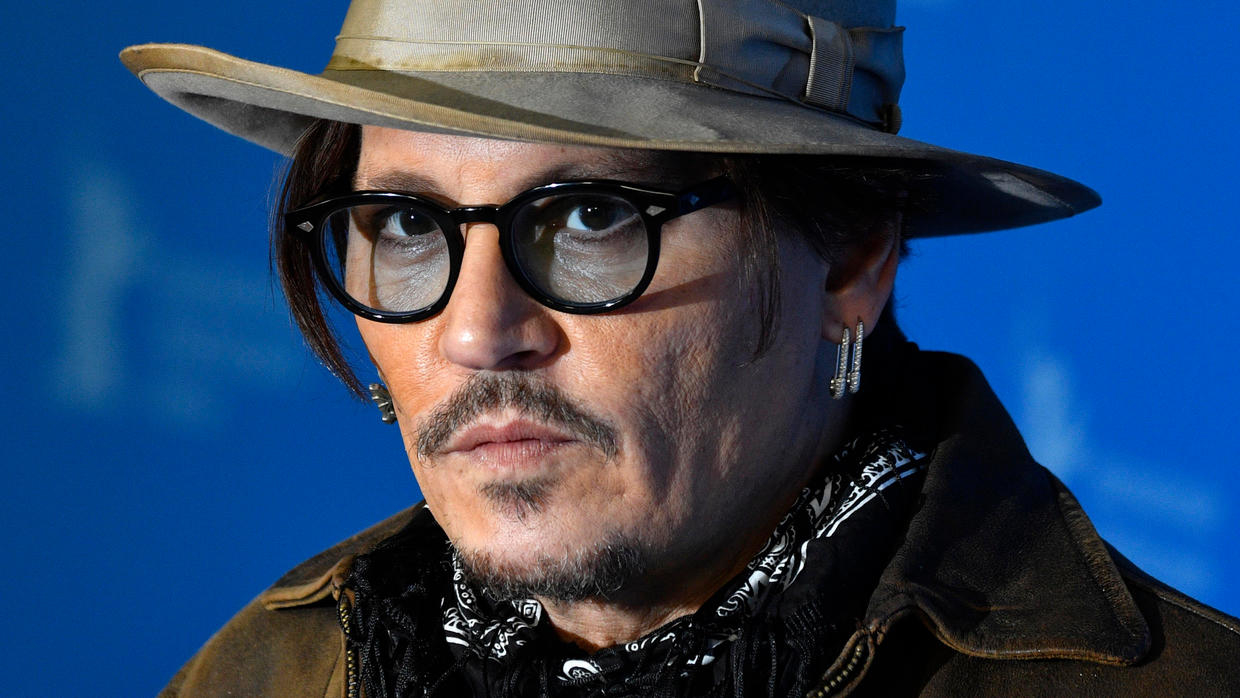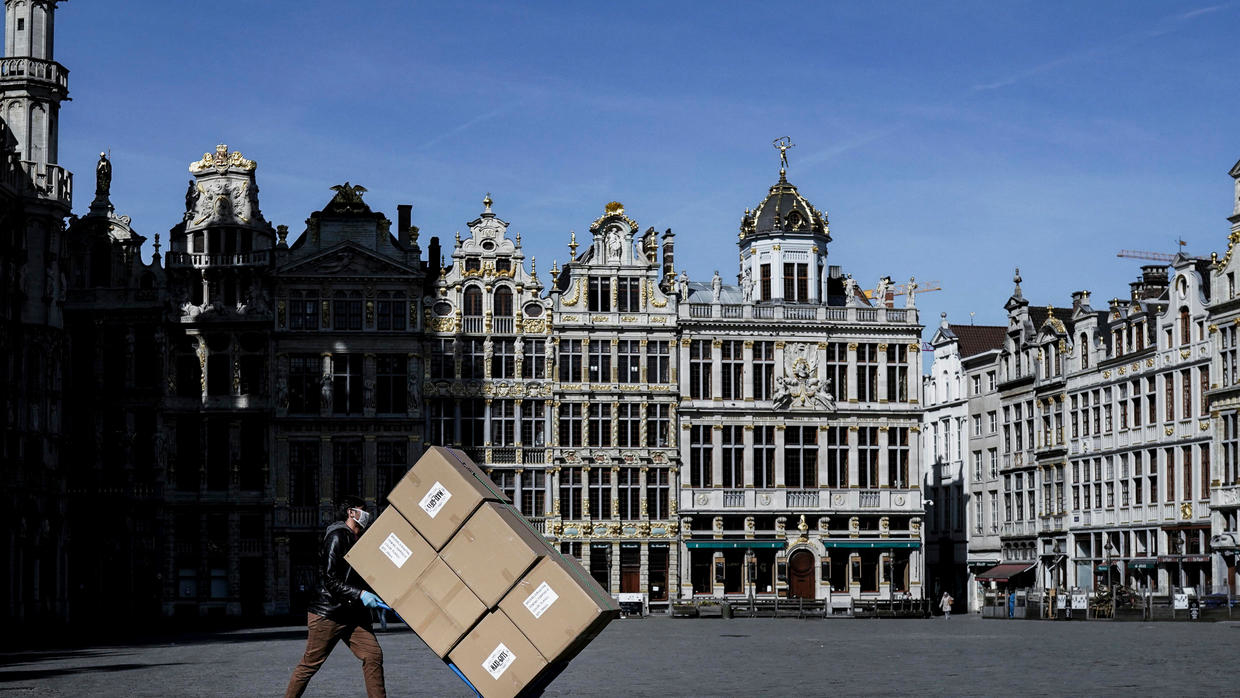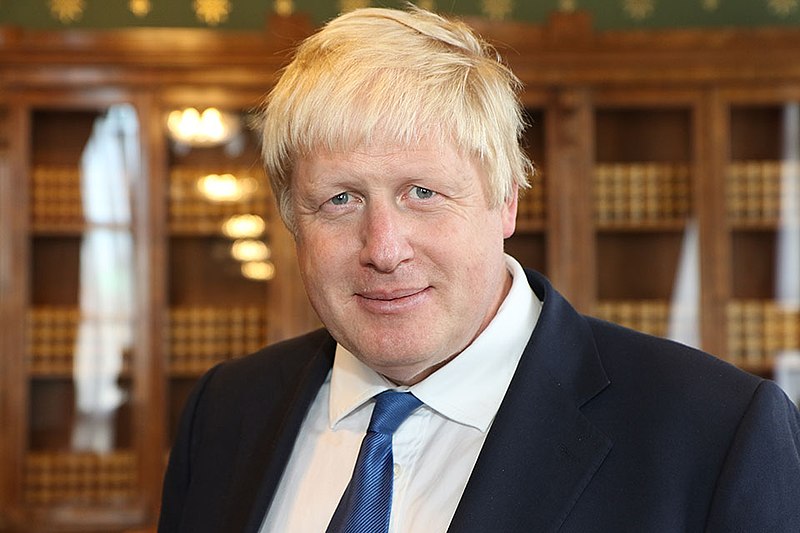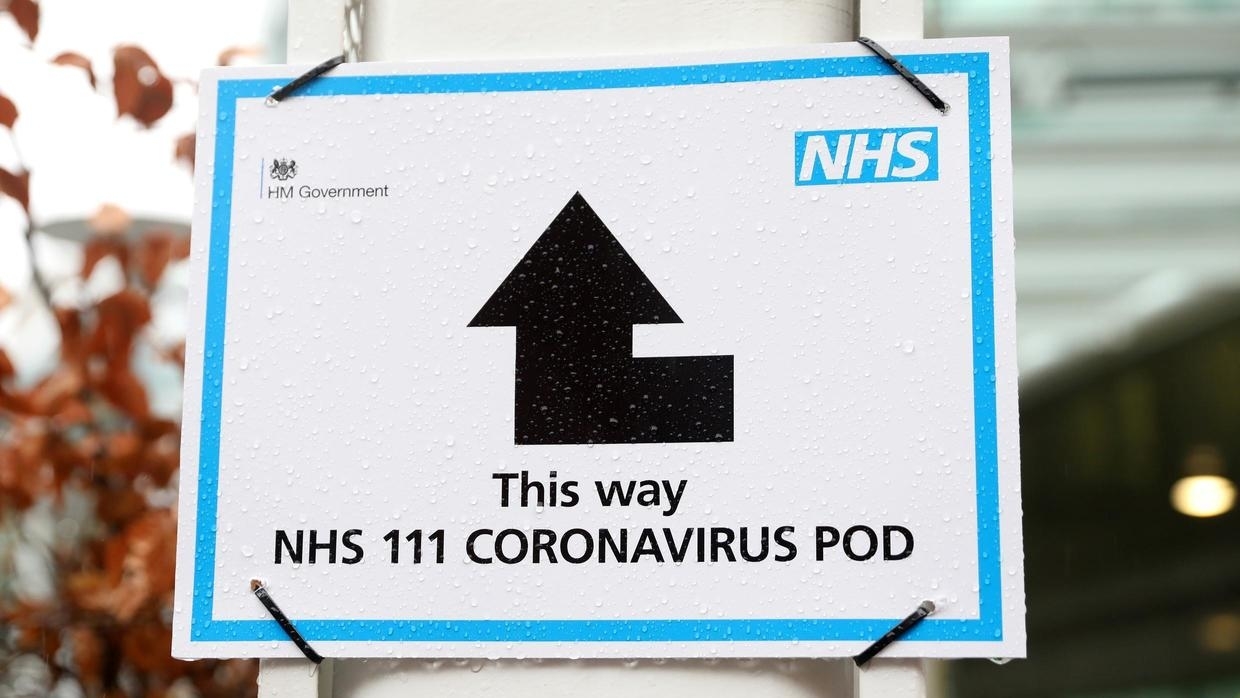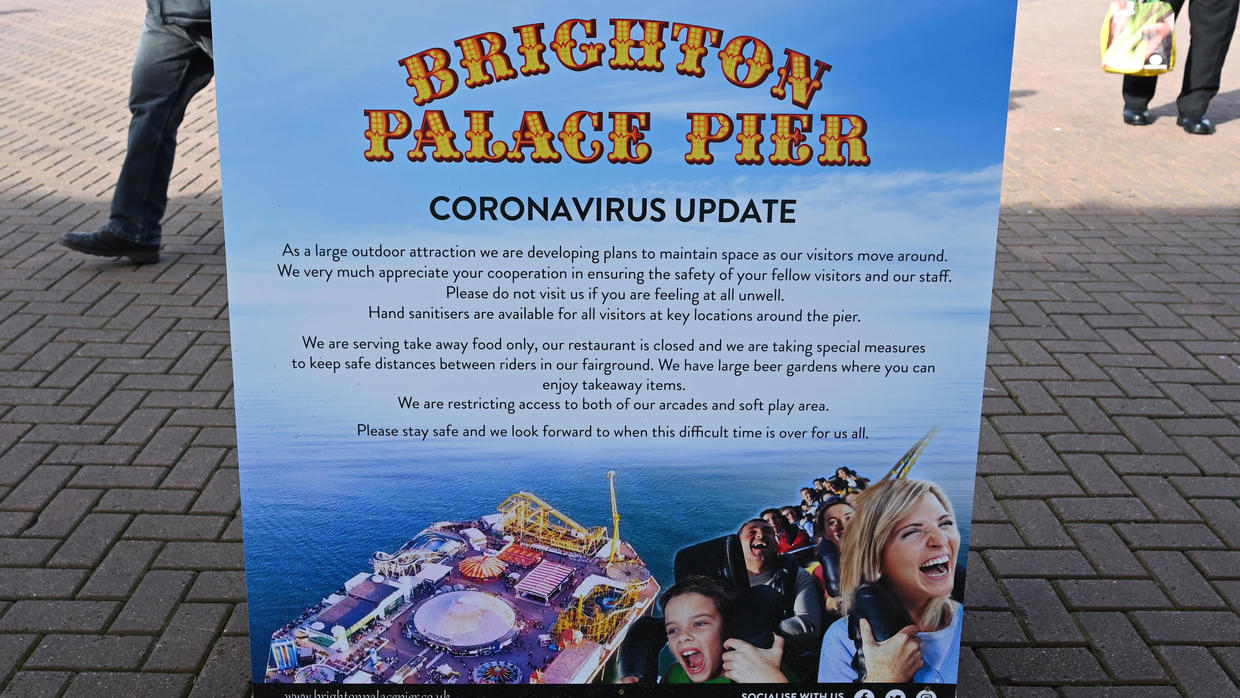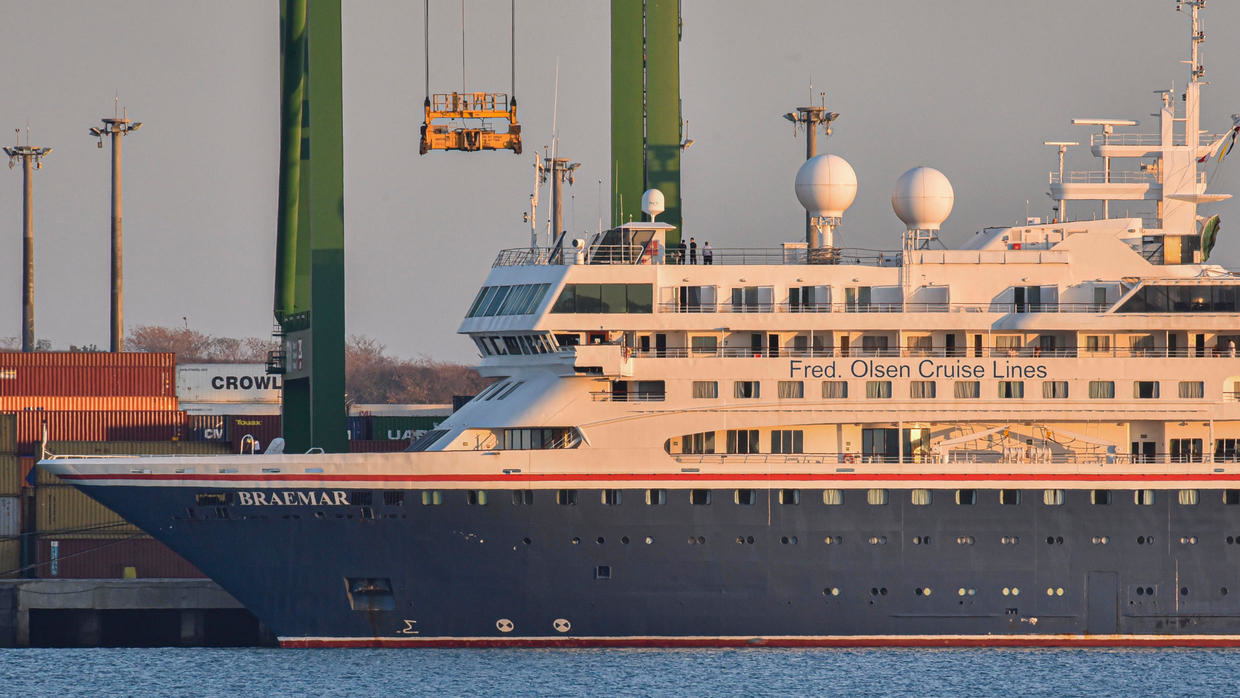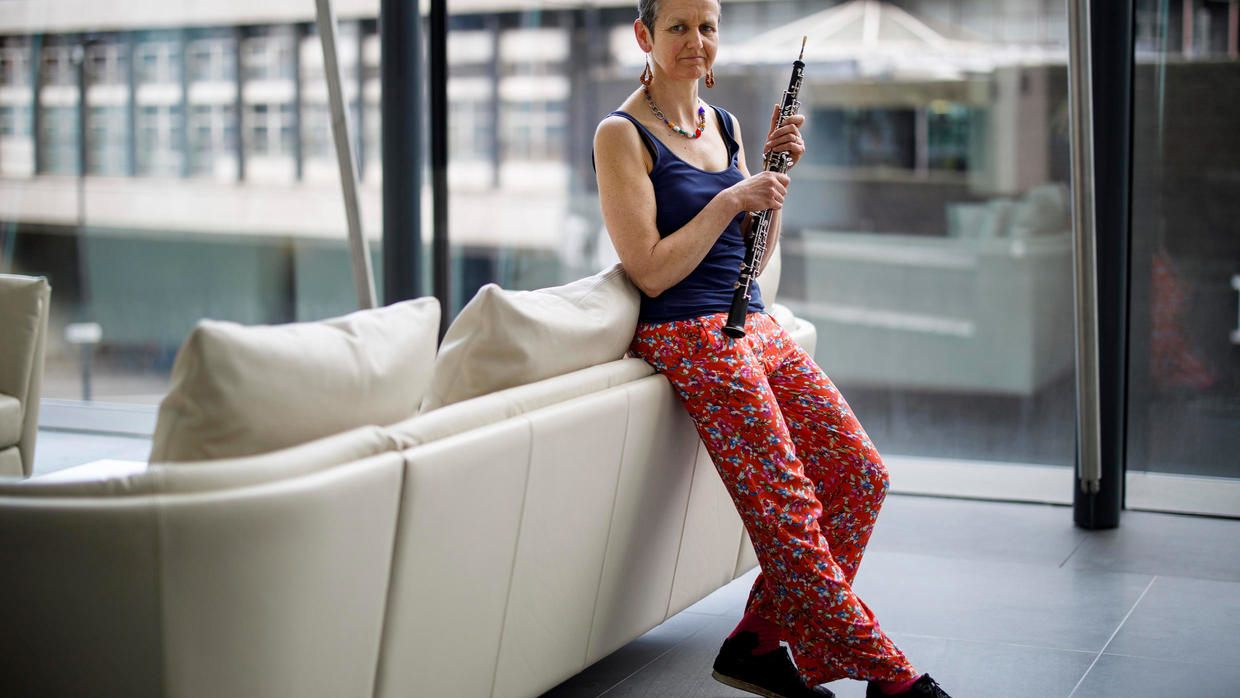
A new national initiative, the TransiT Hub, jointly spearheaded by Heriot-Watt University and the University of Glasgow, has secured £46 million in funding to drive the decarbonisation of
transport across the UK.
The TransiT Hub aims to develop a digital twinning approach to identify the most cost-effective, low-risk, and efficient strategies for decarbonising various modes of transport, including road, rail, air, and maritime. The hub is a collaboration involving eight universities and 67 partners, with £20 million in funding from the UKRI Engineering and Physical Sciences Research Council (EPSRC) and an additional £26 million from stakeholders across the digital, energy, and transport sectors.
The digital twin approach involves creating virtual replicas of physical transport systems using real-time data collected from sensors embedded in infrastructure like motorways and railways. These digital twins can then be used to rapidly analyze real-world data, test different scenarios, and develop optimized solutions in near real-time. For example, digital road signs could be updated automatically based on real-time traffic data to provide the shortest route out of a traffic jam.
The TransiT team anticipates that its testing will include elements of future decarbonised transport systems that do not yet exist, such as electric road systems and alternative fuels. Digital twinning will allow various transport configurations to be tested and refined much faster than traditional engineering projects, enabling the identification of the most cost-effective pathways to achieving net-zero carbon emissions.
Professor Phil Greening, a logistics expert at Heriot-Watt University and joint director of TransiT, emphasized the urgency of the project, stating, "Transport accounts for about a third of UK carbon emissions, and with global temperatures rapidly rising, we no longer have the luxury of conducting real-world transport trials. To meet the UK's carbon reduction commitments, we must carry out our experiments digitally. Digital twins will allow us to design and optimize the future transport system, helping us determine the most effective and affordable way to achieve decarbonisation."
Professor David Flynn, a professor in cyber-physical systems at the University of Glasgow and also a joint director of TransiT, added, "Our work with digital twinning will not only improve the design of future transport solutions but also ensure that these services are accessible to all. By embedding new design principles, we can identify equitable pathways to decarbonisation, taking into account the diverse experiences of citizens, particularly those with mobility challenges, throughout the entire journey."
This initiative marks a significant step toward creating a sustainable and inclusive future for UK transport. Photo by Walter Baxter, Wikimedia commons.













